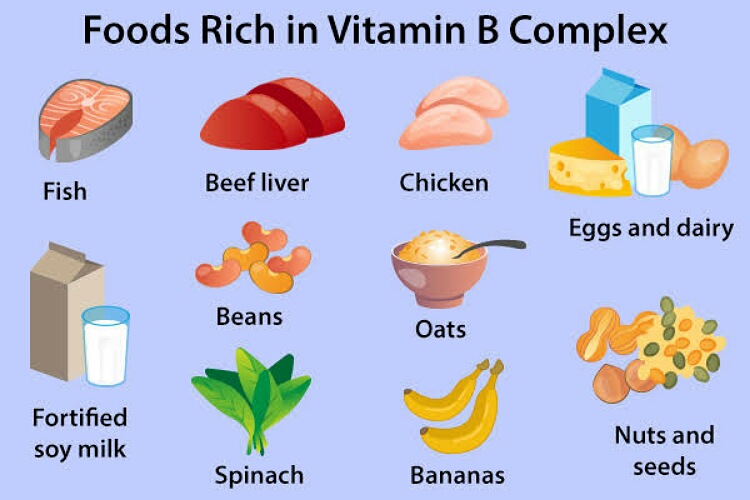Everyday routine needs energy. But often, we find that we lack energy for the day to day work. We feel listless and tired. One feels worn down. How to overcome this lethargy? One needs adequate restful sleep and a proper nutrition to be active all day. Which are the fatigue-fighting nutrients in diet that can help to overcome fatigue?
Energyless daily routine
Whether you are a sedentary worker or an active athlete, everyone needs energy to keep going. But often, it seems that he or she lacks this important element in life. One feels totally fatigued and unable to carry out the daily chores with ease. It is difficult to go on throughout the day. The body feels weak and there is no stamina to complete the tasks. This causes a feeling of unhappiness and frustration. Life seems hopeless and hard. Struggling through the daily routine work is not healthy and can upset and disrupt mental health.

In order to be active and full of energy in the day, adequate restful sleep and adequate and proper nutrition are essential. Often, there is deficiency of the vital fatigue-fighting nutrients in the food. This is the root cause of feeling fatigued. And it is easily correctable by restoring that nutrient in the first in sufficient amounts.
Fatigue-fighting nutrients
Diet should have a balance of macronutrients as well as micronutrients. The right mix is important. Consumption of sufficient amount of iron and B complex vitamins is of utmost importance in achieving a good level of energy. But around 25% of the women in the UK suffer from iron deficiency and its consequent anemia or low hemoglobin.

Iron is rich in red meat, nuts, pulses, and fortified cereals. The latter with no added sugars are healthy. B complex vitamins can be found in chick peas, kidney beans, green vegetables such as spinach, kale, broccoli, and cabbage.
High glycemic index foods and fatigue
There was an article in the journal Appetite. It was about a study that was randomised crossover feeding trial that lasted a month. The same participants took part in the treatment and placebo group one after another. The study showed that a diet full of high glycaemic load and rich in processed carbs led to increased risk of fatigue, depression, and also mood disturbances. But lower glycemic index foods did not cause all these problems.

The processed carbs cause rapid rise in blood sugar and give only momentary instant energy. But it is short lasting and is followed by inflammation increase and oxidative stress on the body. The oxidative molecules also affect cognition negatively.
Another study from the University of Toronto had similar findings. They found that foods with lower glycemic index led to improvement in memory and caused flexible thinking skills. But these findings need to be repeated with large scale studies.
However, the right mix of nutrients in the afternoon time at lunch can positively impact the energy levels. It can give it a sustained boost. The gastric emptying is lessened and slows the blood sugar rise. Coffee can also provide you energy but have it in moderation to avoid its negative side effects.
